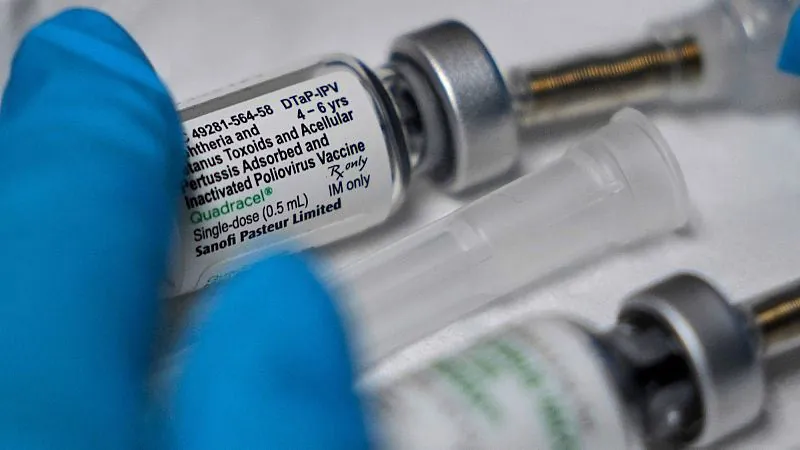
RFK Jr's Appointment Fuels Misinformation Surge in Europe
2025-04-19
Author: Emily
Social media is buzzing with posts about US Health Secretary Robert F. Kennedy Jr. and vaccines, raising alarms across Europe as measles cases climb. With nearly one million interactions on platforms like X in early 2025, many of these posts are raising concerns about rampant misinformation.
Research by Ripple Research indicates that over half of the top posts discussing RFK Jr and vaccines are spreading false information, contradicting the facts about vaccine safety. Amid an alarming rise in measles cases, which doubled last year to reach the highest levels in 25 years, the World Health Organization and UNICEF are sounding the alarm.
The Social Media Impact
Between January and March, 220,000 posts regarding vaccines and RFK Jr engaged users 948,000 times across French, German, and Italian accounts. UNICEF’s preliminary studies, including in Romania and France, reveal a troubling trend: one in two caregivers cited social media as a pivotal influence on their vaccination decisions.
Misinformation's Role in Outbreaks
Last year alone saw over 100,000 measles cases in Europe, accounting for a third of global occurrences. Alexei Ceban from UNICEF warns that misinformation is significantly impacting immunization rates, leading to severe health outbreaks. "Children are suffering and dying from preventable diseases like measles," he emphasizes.
RFK Jr's Controversial Stance
Although RFK Jr has expressed some support for the measles vaccine, earlier this week he claimed it to be "the most effective way to prevent measles." His previous unsupported statements linking vaccines to autism have stirred considerable debate, especially considering President Trump's similar views.
Escalating Anti-Vaccine Narratives
Despite platforms' attempts to manage misinformation, experts agree that the problem has worsened. Elon Musk's takeover of Twitter (now X) led to a notable absence of fact-checkers, unleashing a flood of misleading information. Likewise, Meta’s shift away from independent fact-checkers has exacerbated the spread of false narratives.
Professor Heidi Larson notes that the anti-vaccine movement has gained traction—once a fringe concept, it's now mainstream, particularly with influential figures like RFK Jr legitimizing these views.
The COVID-19 Vaccine Controversy
Research unveiled surges of anti-vaccine content, especially during RFK Jr's confirmation hearings. Top posts were rife with misinformation, particularly doubts surrounding COVID-19 vaccine safety. The consensus is clear: the benefits of vaccines far outweigh the risks, yet the message is getting muddled.
Moving forward, experts call for a comprehensive strategy to counteract the rise of vaccine skepticism, emphasizing that combating misinformation requires more than just fact-checking. Both misinformation and vaccine hesitancy pose a significant threat to public health, demanding immediate attention.
A Call to Action
As the threat of vaccine-preventable diseases looms larger, experts urge a reevaluation of how we communicate about vaccination. With social media's immense reach, ensuring accurate information is more crucial than ever. It’s time to tackle misinformation with innovative approaches, safeguarding the health of future generations.
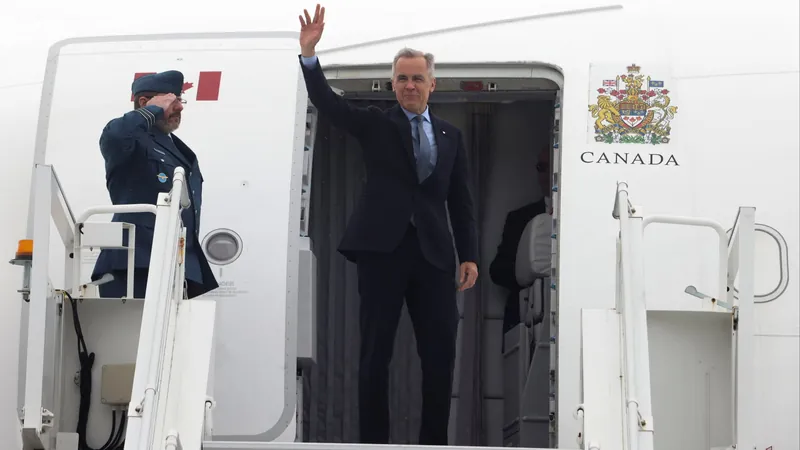

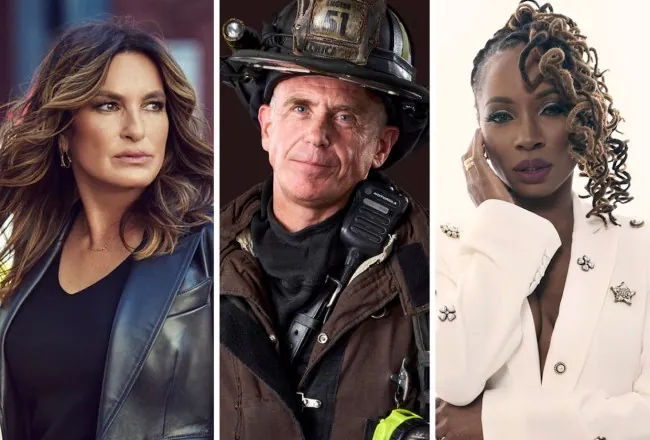
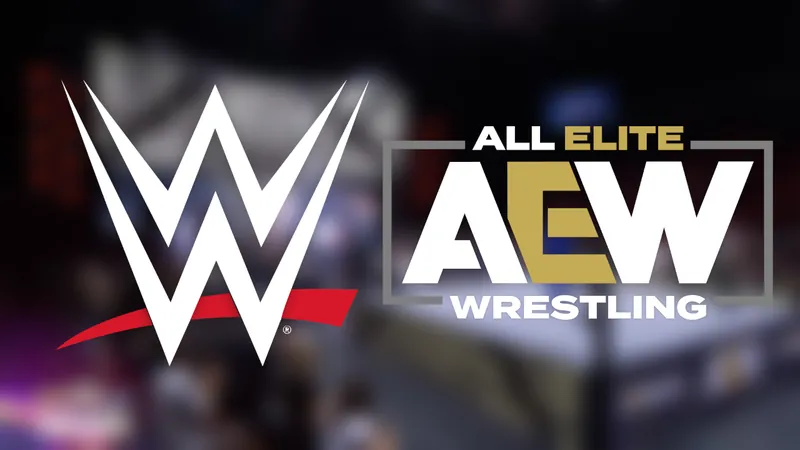
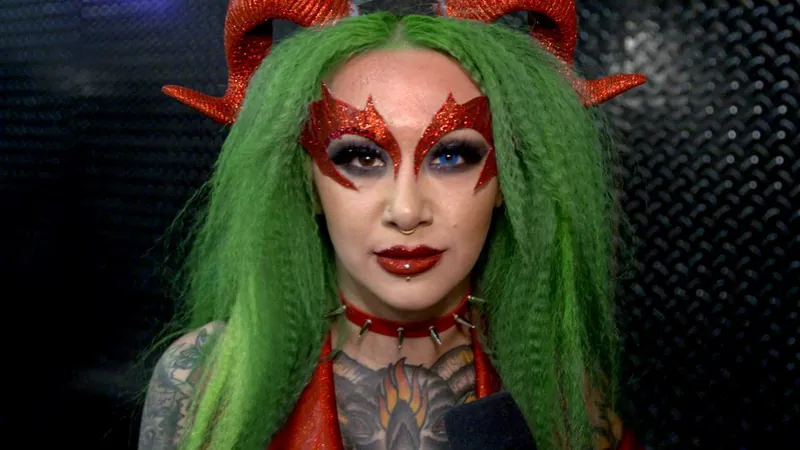



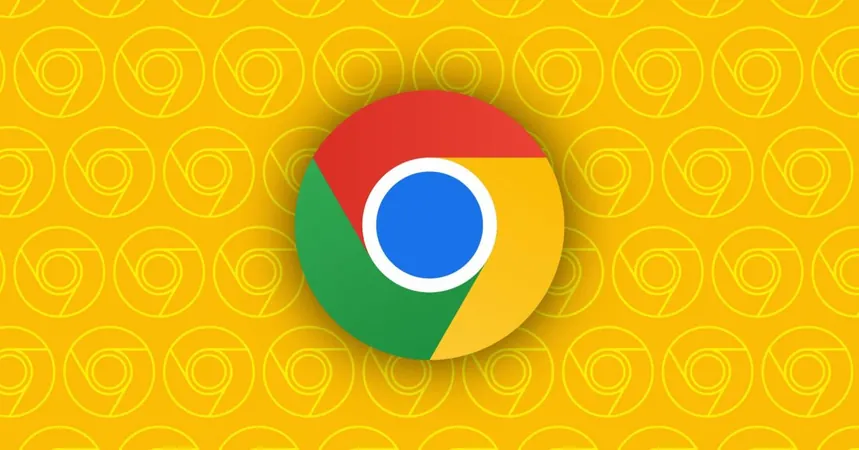
 Brasil (PT)
Brasil (PT)
 Canada (EN)
Canada (EN)
 Chile (ES)
Chile (ES)
 Česko (CS)
Česko (CS)
 대한민국 (KO)
대한민국 (KO)
 España (ES)
España (ES)
 France (FR)
France (FR)
 Hong Kong (EN)
Hong Kong (EN)
 Italia (IT)
Italia (IT)
 日本 (JA)
日本 (JA)
 Magyarország (HU)
Magyarország (HU)
 Norge (NO)
Norge (NO)
 Polska (PL)
Polska (PL)
 Schweiz (DE)
Schweiz (DE)
 Singapore (EN)
Singapore (EN)
 Sverige (SV)
Sverige (SV)
 Suomi (FI)
Suomi (FI)
 Türkiye (TR)
Türkiye (TR)
 الإمارات العربية المتحدة (AR)
الإمارات العربية المتحدة (AR)